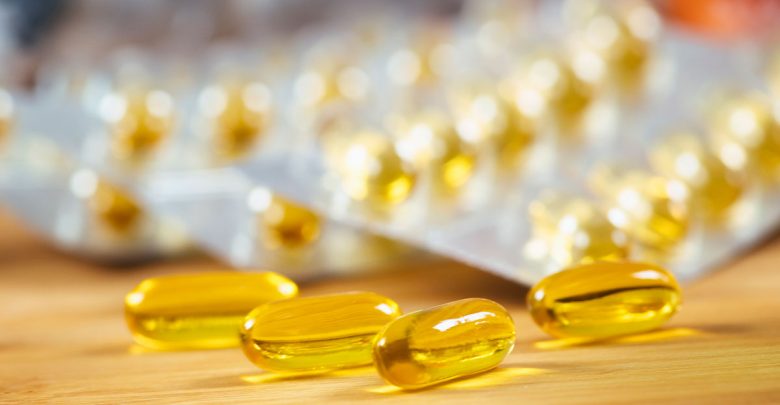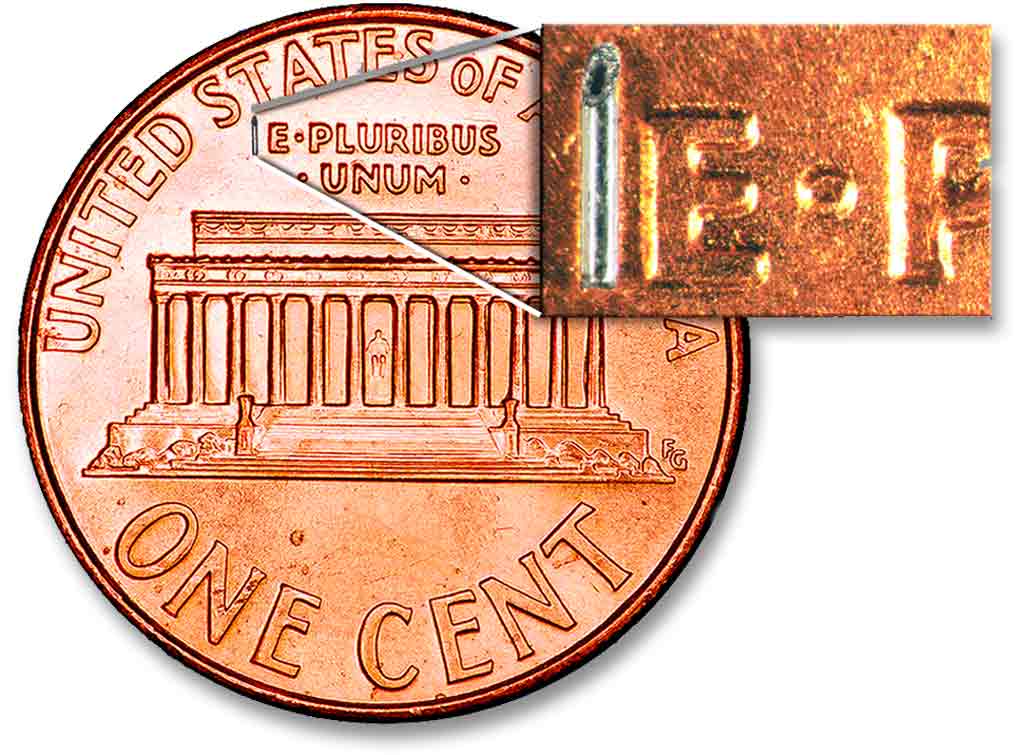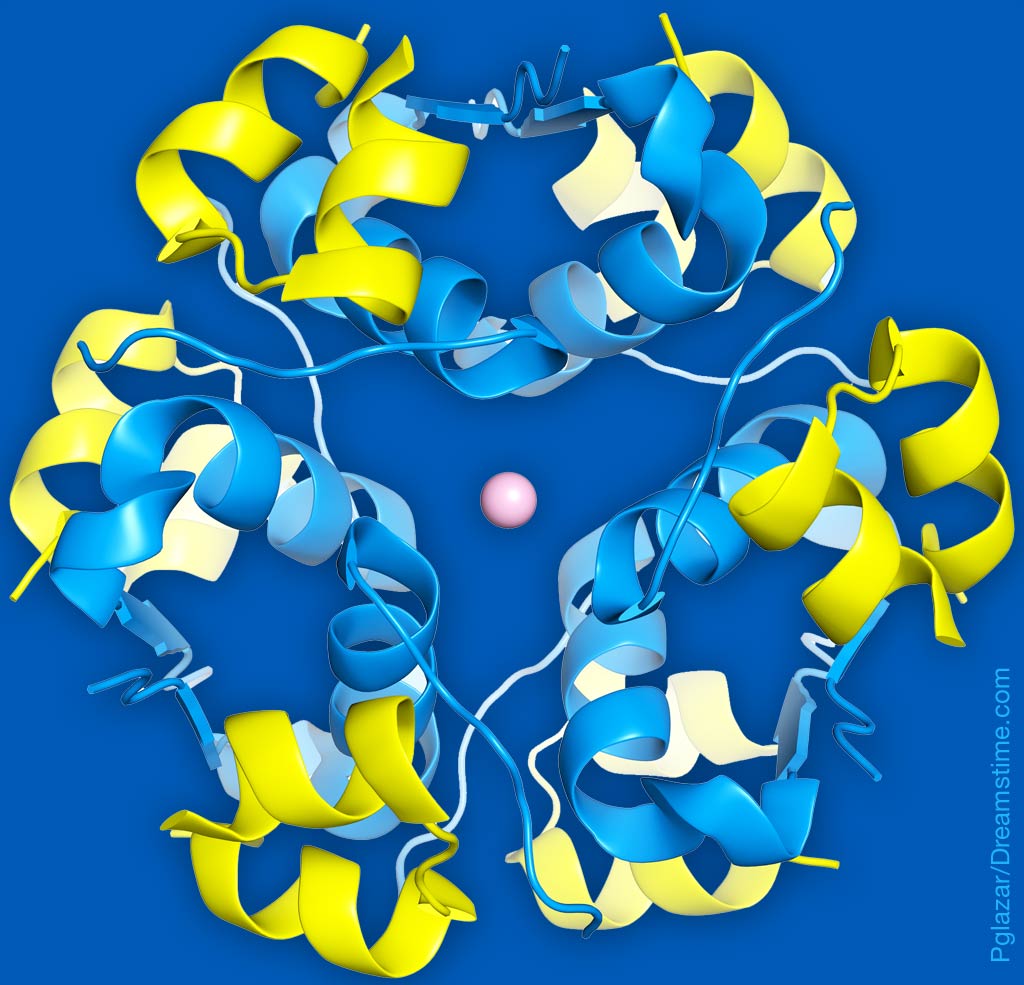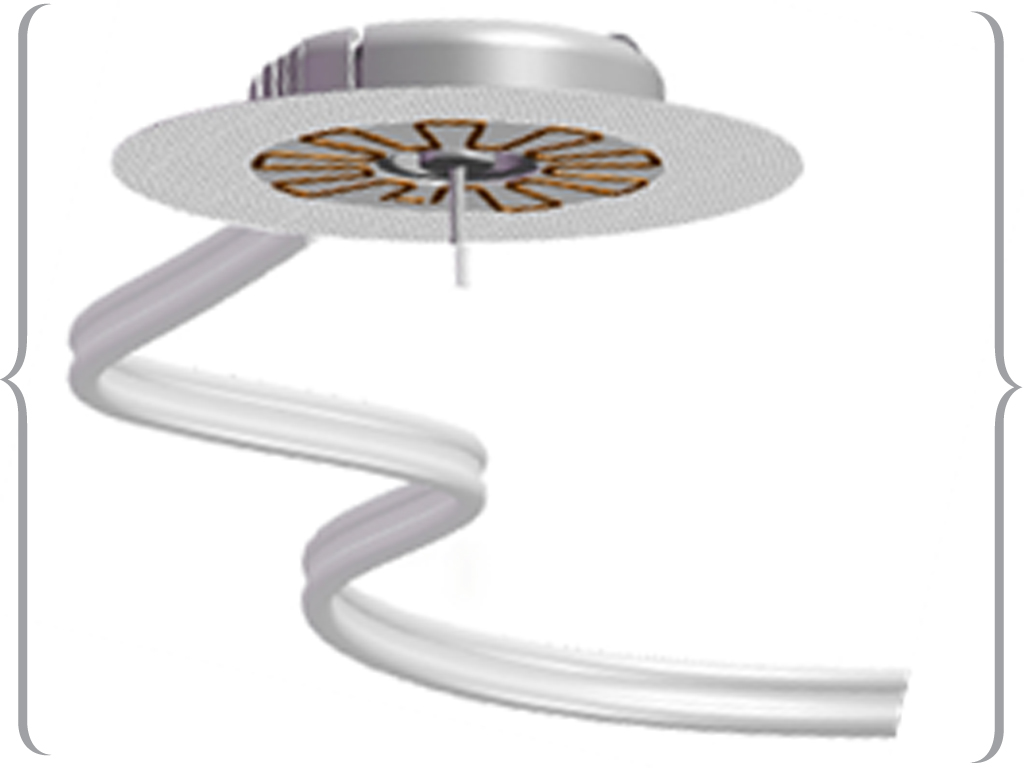Supplements & Medications that Raise Your Blood Sugar
Many common non-diabetes-related drugs impact your blood sugar management, including these 15 that raise blood glucose levels

Managing type 1 diabetes generally relies on insulin and, occasionally, one or two other medications meant to reduce blood sugar levels. But there are likely to be many occasions throughout your life when taking other medications and supplements for non-diabetes related reasons are required.
But before you fill your prescription or purchase a new supplement, it is important to know that many drugs can raise blood sugar levels and may not be the best choice for all type 1s.
Here are fifteen of the most common medications and supplements that are known to raise blood sugars.
Medications that Raise Blood Sugar
Always talk to your doctor about how any new medications might affect your blood sugars and make sure to check the labels on over the counter meds. While everyone reacts differently to medications, here are ten that often cause problems by elevating blood sugars.
Steroids
Prednisone, betamethasone, hydrocortisone, and other oral steroid medications are often prescribed for a variety of conditions that cause swelling and inflammation. These medications can make the liver resistant to insulin, resulting in elevated blood sugars during treatment. Topical steroid creams, however, do not typically cause this issue.
Epinephrine and Dopamine
Epinephrine and dopamine are part of a group of hormones called catecholamines that are produced by the adrenal glands in response to stress. These chemicals naturally raise blood sugar to assist the body in fight or flight situations. This same blood sugar elevating effect is seen when catecholamine medications, such as epinephrine and dopamine are used in a clinical setting.
Hormonal Birth Control Methods
In many women not using hormonal birth control, the blood sugar raising effects of progesterone can easily be seen between the time of ovulation and the beginning of menstruation. This is because progesterone increases the body’s insulin resistance as a way of preparing the body for pregnancy. Using birth control pills or other birth control methods that contain this hormone can cause elevated blood sugars during all or part of your cycle.
Statins
The blood sugar elevating effects of statins are more apparent in type 2 patients due to the drug’s tendency to reduce insulin secretion in the body. But, for type 1 patients taking statins, you may still notice a slight increase in blood sugar levels because this drug also tends to increase insulin resistance throughout the body.
Blood Pressure Medications
Both beta-blockers and diuretic blood pressure medications can cause elevated blood sugar. While beta-blockers are more likely to be an issue for type 2 diabetics due to their tendency to decrease insulin secretion, thiazide diuretics can cause issues for all diabetics.
These drugs work by flushing sodium and, by extension, potassium out of the body. Since potassium plays a key role in the absorption of glucose into fat and muscle tissue, this can cause an increase in blood glucose if potassium levels aren’t balanced with supplementation.
Isotretinoin aka Accutane
Isotretinoin, commonly sold as Accutane, is a medication prescribed to treat severe acne and some cancers. This drug has a long list of side effects, including elevated blood sugars in both diabetic and non-diabetic patients. Like many other drugs, it increases insulin resistance which can lead to increased blood glucose levels.
Pseudoephedrine
Pseudoephedrine is a common ingredient in cold medicines and decongestants. It can reduce the uptake of glucose into cells as well as stimulating glycogen release in the liver. Both of these factors can cause elevated blood sugars, which can be especially difficult to deal with on top of the elevated blood sugars often seen during sickness.
Cough Syrup
While some cough syrups contain decongestants like pseudoephedrine, the blood sugar raising effect of most cough and cold syrups is much more straight forward: they contain sugar.
For many, choosing a sugar-free syrup is the best way to go. Otherwise proper dosing with insulin to cover the amount of carbohydrate should be sufficient to keep levels in check. Most doses of non-sugar-free cough medicines have about 19g of carb, but always reference the nutrition information for your particular brand and dose.
Benzodiazepines and Antipsychotic Medications
Valium, Ativan, Zyprexa, and other drugs meant to treat anxiety, depression, and psychiatric disorders are known to have blood sugar elevating effects. What effects these drugs have on the body will vary for each individual depending on the dose and medication. It is best to talk to your doctor before starting or stopping any of these medications and to monitor your blood sugar carefully any time you make changes to your dose or type of medication.
Antibiotics
Some antibiotics can affect blood sugar levels while others tend to be relatively well-tolerated by people with diabetes. Dapsone and Rifampine appear to have some effect on blood sugars, but antibiotics in the fluoroquinolone class are by far the worst offenders. Not only can these drugs cause elevated blood sugars, but they also tend to cause drastic fluctuations that can lead to hypoglycemia as well.
Supplements that Raise Blood Sugar
Prescription and over-the-counter medications aren’t the only things that can raise blood sugars. There are also some natural supplements known to cause problems for people with diabetes. Here are five of the most common.
Niacin
Niacin, or vitamin B3, is often taken to help reduce bad cholesterol but can be used to support a number of health conditions. But when taken in high doses, this supplement can cause hyperglycemia by effecting glucose tolerance within the body.
Melatonin
This common sleep-support hormone can have some unintended consequences when taken in supplement form. In addition to raising blood pressure, melatonin can also increase insulin resistance while decreasing glucose uptake into the cells.
Ginkgo Biloba
Ginko can be a beneficial supplement for those with memory and cognitive issues, as well as people suffering from diabetic retinopathy. But this supplement may not be the best choice for all diabetics as it appears to increase the breakdown of insulin in the liver which can lead to increased insulin need and elevated blood sugars.
DHEA
DHEA is taken to treat or support a number of conditions from erectile dysfunction to lupus. But this naturally occurring hormone can also affect blood sugar levels by increasing insulin resistance and fat levels in the body.
Caffeine
While not typically thought of as a supplement, caffeine appears frequently in supplements designed to boost energy and aid in weight loss. And, since these supplements often contain higher concentrations of caffeine than the average cup of coffee, it is in these forms that the blood elevating effects are most likely to be seen. Not only can high doses of this stimulant increase insulin resistance, but it can also negatively affect post-meal glucose metabolism.







